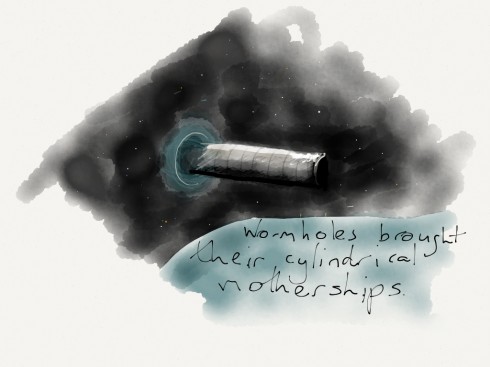Tomorrow I’m off to the InvestNI Business Information Centre to do some research in mobile and games for the planned Games Development Cluster, BLOC54. The problem is that you end up looking at market data reports from companies like Forrester:
“The iPhone will not substantially alter the fundamental structure and challenges of the mobile industry,'” Charles Golvin, an analyst at Forrester Research Inc., said in a report this month. (link)
or pay attention to the geniuses at Bloomberg:
The iPhone is nothing more than a luxury bauble that will appeal to a few gadget freaks. In terms of its impact on the industry, the iPhone is less relevant. (link)
This puts the researcher at a bit of a crossroads. Interested parties (whether that’s InvestNI or private investors) will want to see some market research. They’ll want to see predictions on where the market is going, thoughts on what niche you’re going to play in and they’ll want these verified by companies like Forrester, Gartner, Deloitte. The dilemma is that when the numbers from these companies agree with what you want to present then they are visionaries. And when they disagree, they’re buffoons.
This isn’t really a problem because the smart money will know the story and it’s likely that while you’re making your pitch the panel will be unlikely to be reading reports from competing organisations to try and find you out. They’re going to give you the benefit of the doubt – at least during your 3 minute pitch.
The important thing is that, positive or negative, you need to do the research.

